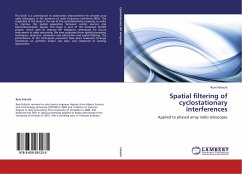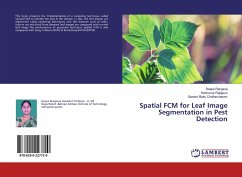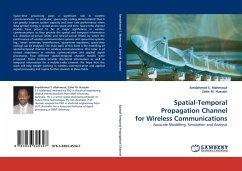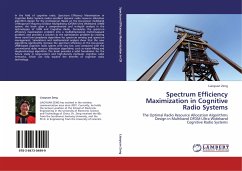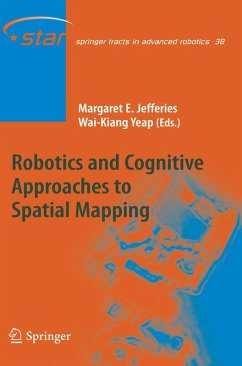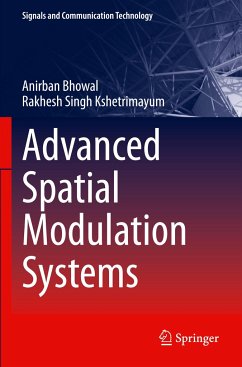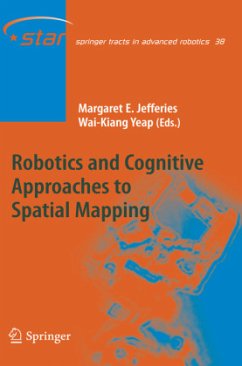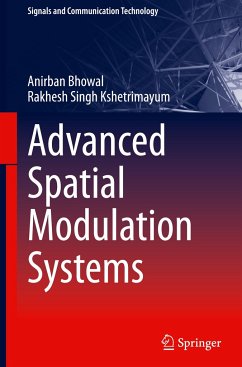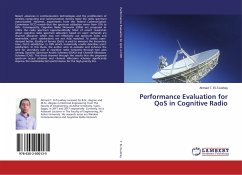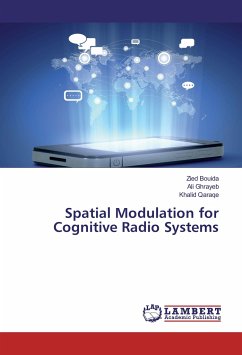
Spatial Modulation for Cognitive Radio Systems
Versandkostenfrei!
Versandfertig in 6-10 Tagen
34,99 €
inkl. MwSt.

PAYBACK Punkte
17 °P sammeln!
Although different spectrum bands are allocated to specific services, it has been identified that these bands are underutilized. In this context, cognitive radio (CR) was proposed to address the existing spectrum scarcity and underutilization problems. Under the scenario of CR, spectrum sharing systems allow the coexistence of primary users (PUs) and secondary users (SUs) in the same spectrum as long as the interference from the secondary to the primary link stays below a given threshold. In this book, we propose a number of enabling transmission techniques aiming at improving the performance ...
Although different spectrum bands are allocated to specific services, it has been identified that these bands are underutilized. In this context, cognitive radio (CR) was proposed to address the existing spectrum scarcity and underutilization problems. Under the scenario of CR, spectrum sharing systems allow the coexistence of primary users (PUs) and secondary users (SUs) in the same spectrum as long as the interference from the secondary to the primary link stays below a given threshold. In this book, we propose a number of enabling transmission techniques aiming at improving the performance of the secondary link while satisfying the interference requirements set by the primary link. Focusing on the concepts of spatial modulation (SM) and space shift keying (SSK), the proposed techniques include combinations of power adaptation (PA), adaptive modulation (AM), transmit antenna selection (TAS), space-time block codes (STBC), and reconfigurable antennas (RAs). In this context, these techniques offer different performance tradeoffs in terms of spectral efficiency, energy efficiency, error performance, and overall complexity and thus offer different options for implementing CR systems.



